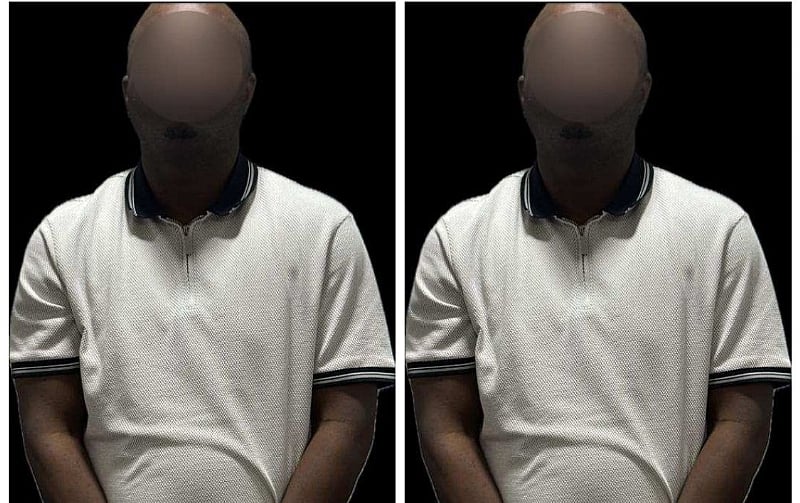Ghana’s judicial system has become a subject of intense scrutiny and criticism, with accusations of political bias and erosion of fundamental rights surfacing from various quarters. Oliver Barker Vormawor, a prominent social activist and leader of the Democracy Hub pressure group, has vehemently denounced the judiciary, labeling it the “weakest link” in Ghana’s democratic framework, which he characterizes as a “death trap.” His criticisms stem from what he perceives as the courts’ complicity in enabling a culture of “politics of vengeance,” where legal processes are manipulated to target political opponents and stifle dissent. The case of Kwame Baffoe, also known as Abronye, the Bono Regional Chairman of the ruling New Patriotic Party (NPP), serves as a focal point for these concerns.
Abronye’s repeated remand in custody for what Barker Vormawor terms a “common misdemeanor” has sparked outrage and raised serious questions about the proportionality and fairness of the judicial process. Barker Vormawor argues that Abronye’s prolonged detention represents a blatant disregard for constitutional rights and sets a dangerous precedent for the suppression of personal liberties in the country. He contends that the judiciary’s apparent willingness to acquiesce to political pressure undermines the very foundations of democracy and exposes citizens to arbitrary arrests and detentions. The continuous erosion of fundamental rights, according to Barker Vormawor, transforms the democratic space into a precarious “death trap,” where individuals’ freedoms are constantly under threat.
The specific charges against Abronye involve alleged offensive conduct conducive to a breach of peace. However, the circumstances surrounding his arrest and subsequent remand have fueled suspicions of political motivation. Critics argue that the severity of the judicial response seems disproportionate to the alleged offense, suggesting that Abronye is being targeted for his political affiliation and activities. This perceived instrumentalization of the legal system for political ends raises concerns about the impartiality of the courts and the potential for abuse of power. The repeated remand of Abronye without substantial justification further amplifies these concerns, painting a picture of a judiciary susceptible to external influence and lacking independence.
Barker Vormawor’s sharp critique of the judiciary extends beyond the specific case of Abronye, highlighting a broader pattern of what he considers judicial overreach and disregard for due process. He argues that the courts, instead of acting as a bulwark against political excesses, have become enablers of a vindictive political climate. This erosion of judicial independence, he warns, poses a grave threat to the integrity of Ghana’s democracy and the safety of its citizens. He calls for vigilance and resistance against this perceived assault on fundamental rights, urging citizens not to rejoice in the perceived weakness of the courts but to pray for their strengthening and independence.
The implications of a compromised judiciary extend far beyond individual cases of alleged political persecution. A weakened judicial system undermines the rule of law, erodes public trust in institutions, and creates an environment of fear and uncertainty. When citizens perceive the courts as biased and susceptible to political manipulation, they lose faith in the ability of the legal system to protect their rights and provide fair redress. This can lead to a breakdown of social order and increased political instability. Furthermore, a judiciary that lacks independence cannot effectively hold powerful actors accountable, fostering a culture of impunity and encouraging further abuses of power.
Barker Vormawor’s warnings about the state of Ghana’s democracy should be taken seriously. A healthy democracy requires a strong and independent judiciary that can uphold the rule of law and protect the rights of all citizens, regardless of their political affiliations. The perceived politicization of the courts and the erosion of fundamental rights represent a serious threat to Ghana’s democratic future. Addressing these concerns requires a concerted effort to strengthen judicial independence, promote transparency and accountability within the legal system, and foster a culture of respect for human rights. Failure to do so risks further eroding public trust and pushing Ghana’s democracy further down a perilous path.


